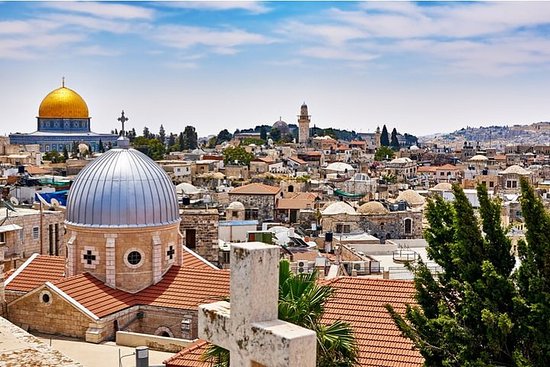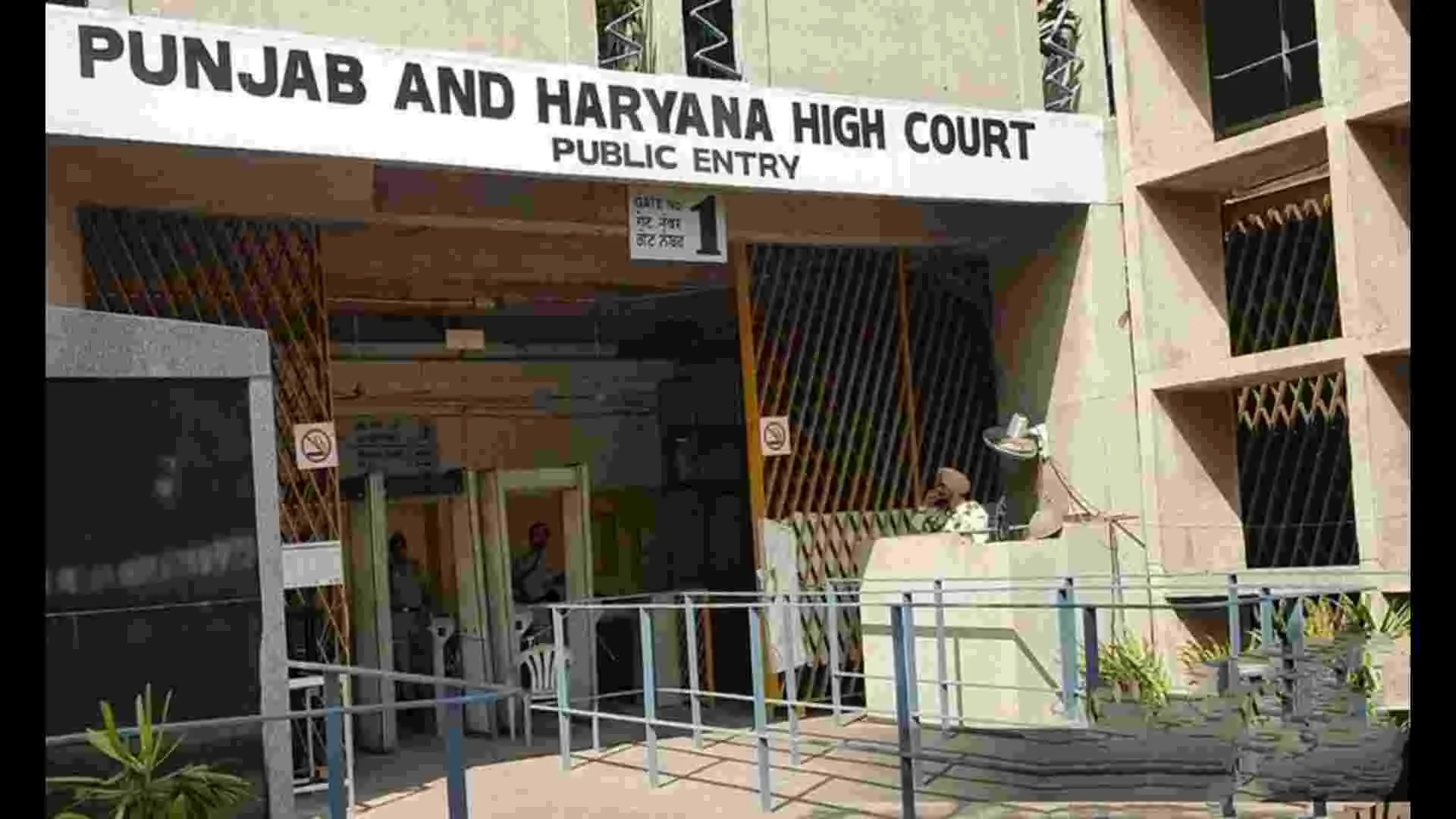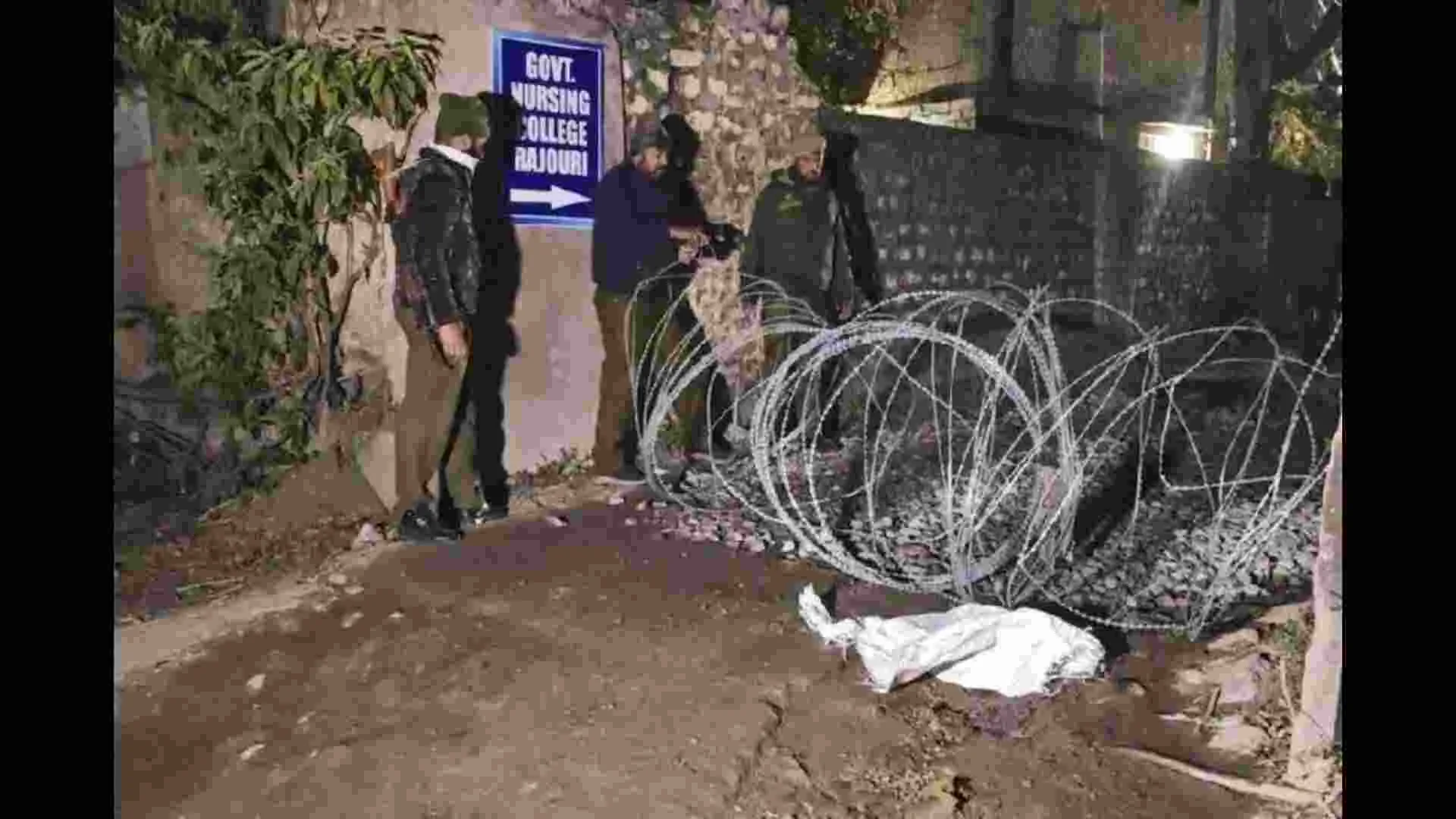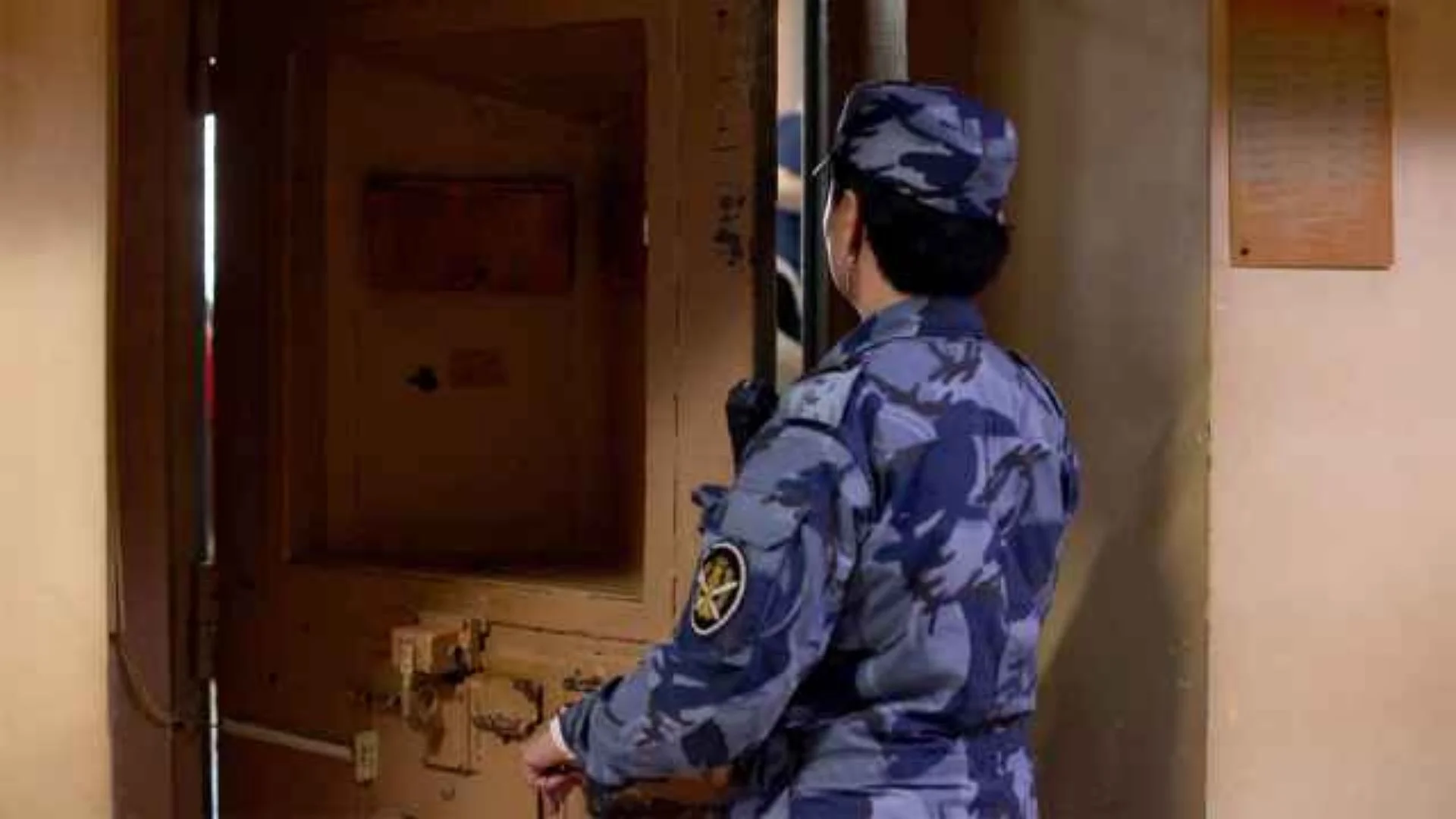A real estate deal in Jerusalem’s Old City, at the epicentre of the Israeli-Palestinian conflict, has sent the historic Armenian community there into a panic as residents search for answers about the feared loss of their homes to a mysterious investor.
The 99-year lease of some 25 per cent of the Old City’s Armenian Quarter has touched sensitive nerves in the Holy Land and sparked a controversy extending far beyond the Old City walls. The fallout has forced the highest authority of the Armenian Orthodox Church to cloister himself in a convent and prompted a disgraced priest who is allegedly behind the deal to flee to a Los Angeles suburb.
“If they sell this place, they sell my heart,” Garo Nalbandian, an 80-year-old photojournalist, said of the Ottoman-era barracks where he has lived for five decades among a dwindling community of Armenians.Their ancestors came to Jerusalem over 1,500 years ago and then after 1915, when Ottoman Turks killed an estimated 1.5 million Armenians in what’s widely regarded as the first genocide of the 20th century.
Alarm over the lease spread in April, following a surprise visit by Israeli land surveyors. Word got around that an Australian-Israeli investor, whose company sign appeared on the site, planned to transform the parking lot and limestone fortress of Armenian apartments and shops into an ultra-luxury hotel.As anger, confusion and fears of possible evictions mounted, the Armenian patriarchate — the body managing the community’s civil and religious affairs — acknowledged that the church had signed away the patch of land.
The Armenian patriarch, Nourhan Manougian, alleged that a now-defrocked priest bore full responsibility for the “fraudulent and deceitful” deal that the patriarch said took place without his full knowledge.The admission inflamed passions in the Armenian Quarter, where activists decried the deal as a threat to the community’s longtime presence in Jerusalem. Jordan, with its historic ties to Jerusalem’s Christian sites, said it feared for the “future of the holy city”.
Palestinian officials accused Manougian of helping Israel in a decades-long battle between Israel and the Palestinians over a city that both sides claim as their capital.For Palestinians, such struggles over real estate are the centrepiece of the decades-old conflict, emblematic of what they see as a wider Israeli effort to remove them from strategic areas in east Jerusalem.
“From a Palestinian point of view, this is treason. From a peace activist point of view, this undermines possible solutions to the conflict,” said Dimitri Diliani, president of the National Christian Coalition of the Holy Land.
In a dramatic move, Palestinian President Mahmoud Abbas and Jordan’s King Abdullah II suspended recognition of Manougian, the patriarch who has served for the past decade in what is normally a lifelong position. That renders him unable to sign contracts, make transactions and make decisions in the Palestinian territories and Jordan. The quarter is home to some 2,000 Armenians with the same status as Palestinians in Israel-annexed east Jerusalem — residents but not citizens, effectively stateless. Israel annexed east Jerusalem, where the Old City is located, after capturing it in 1967, a move not recognised internationally.
For the past month — most recently last Friday — protesters have formed a human chain around the quarter and gathered under Manougian’s window, shouting “traitor” and demanding that he come clean about who has leased the land and how.
The saga reflects the struggle over politics and real estate that has bedevilled the Holy Land for centuries.Jewish investors in Israel and abroad long have sought to buy east Jerusalem properties.
The Armenian Quarter is desirable because it abuts the Jewish Quarter and the Western Wall, the holiest place where Jews can pray.Their goal is to expand the Jewish presence in east Jerusalem, cementing Israeli control of the part of the city claimed by Palestinians as their capital.Scandals involving land sales to Jewish settlers have previously embroiled the Greek Orthodox Church, the custodian of many Christian sites in the region.

















